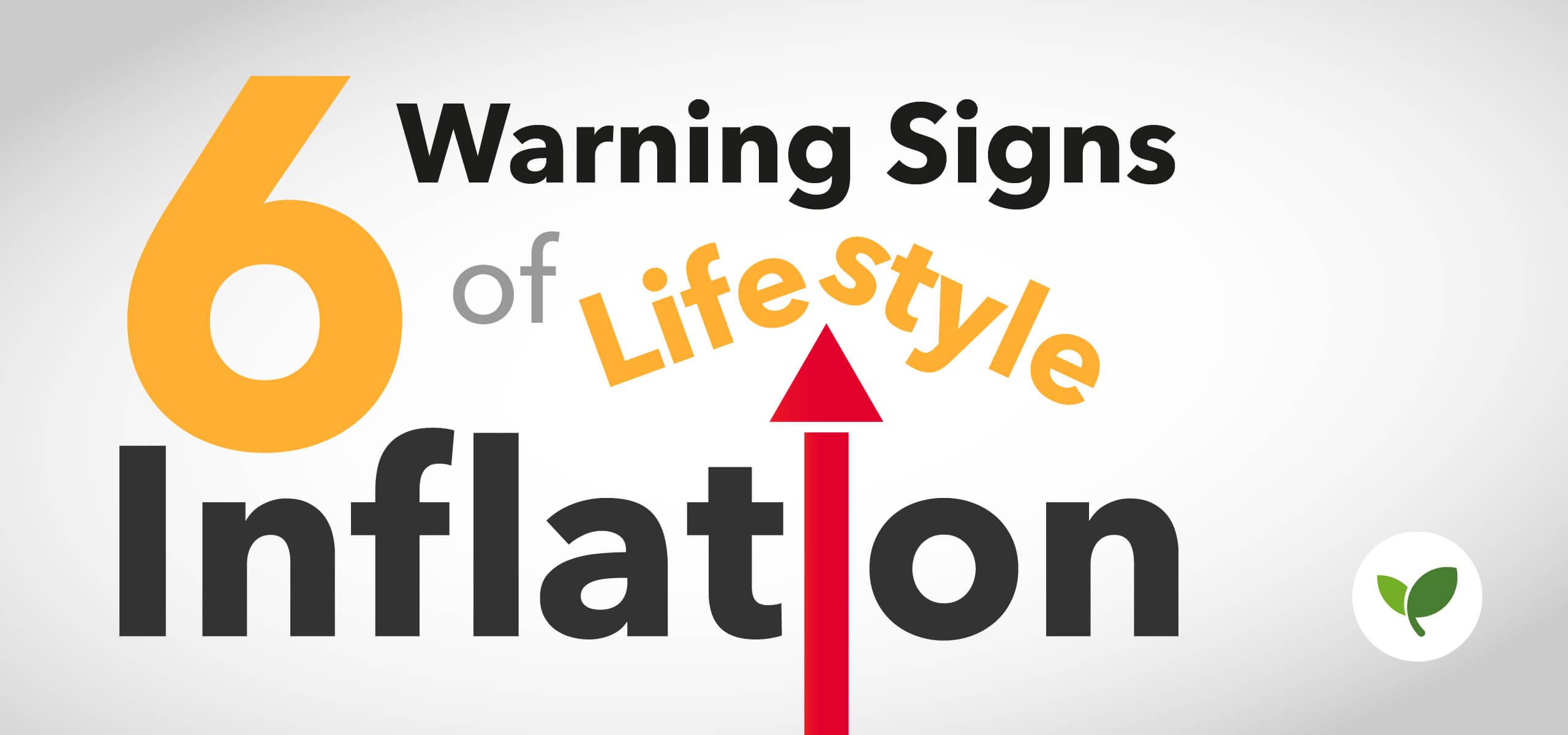What Is Lifestyle Inflation?
Lifestyle inflation is spending more as income rises or upping your lifestyle without regard to your financial means. Many South Africans are guilty of lifestyle inflation. So recognising this trap and learning how to escape it is essential to improve your financial well-being.
We all are guilty of this. Don’t worry if you’ve fallen into the lifestyle inflation trap. It’s a common phenomenon. Sometimes we want more comfort and luxury. Sometimes we want to keep up with our friends and family’s seemingly affluent lifestyles. The good news is that acknowledging it is the first step towards reclaiming your financial stability.
The consequences of lifestyle inflation can be detrimental to your financial and mental well-being.
6 Warning Signs That You Have Fallen Into a Lifestyle Inflation Trap
- Increased spending without an apparent reason: If your spending has significantly increased without a corresponding change in your financial situation or needs, lifestyle inflation may be at play.
- Regularly upgrading possessions: Frequently buying the latest gadgets or luxury items could signify lifestyle inflation. Consider whether these purchases align with your long-term financial goals.
- Growing reliance on debt: If you consistently rely on credit cards or loans to maintain your lifestyle, it’s a red flag. Using debt to sustain a higher standard of living will lead to financial instability.
- Neglecting savings: Lifestyle inflation often leads to decreased savings. It is time to re-evaluate your financial priorities if you’re spending more without allocating funds towards savings.
- Difficulty scaling back spending: If you find it challenging to cut back on expenses or adjust your lifestyle even during reduced income, lifestyle inflation might hinder your financial flexibility.
- Living paycheck to paycheck: Constantly living on the edge financially, with little to no savings, can indicate that lifestyle inflation overshadows your financial security.
6 Causes of Lifestyle Inflation
Understanding the root causes of lifestyle inflation can help you address the issue at its core:
- Self-indulgent adaptation: Humans quickly adapt to improvements and consider them the new norm, leading to increased desires and spending.
- Social comparison: Comparing ourselves to others can fuel the desire to keep up with their lifestyles, even if it exceeds our means.
- Peer pressure: Social influences can push us to spend more to fit in or maintain appearances.
- Advertising: Being constantly exposed to ads can lead to a desire for costly new products and experiences.
- Emotional gratification: Spending money can provide immediate pleasure and reward, leading to impulsive purchases.
- Lack of financial education: Individuals may not grasp the importance of saving and budgeting, making them susceptible to lifestyle inflation.
6 Ways to Step Out of the Trap
Escaping lifestyle inflation requires conscious effort and mindful financial management:
- Set clear financial goals: Define your short-term and long-term objectives and prioritise saving and investing.
- Create a budget: Track your income and expenses to identify areas where you can reduce spending.
- Save and invest consciously: Make saving a habit and consider investing to grow your wealth over time.
- Differentiate between needs and wants: Be mindful of spending and distinguish between essential needs and unnecessary wants.
- Practice delayed gratification: Learn to wait for purchases and focus on the satisfaction of achieving financial goals.
- Be mindful of social influences: Surround yourself with like-minded individuals and resist the pressure to overspend.
Balancing your income and securing your financial future is vital. Lifestyle inflation can lead to debt and financial stress. Seek professional assistance if necessary. Small changes can make a big difference. Break free from lifestyle inflation and return to financial freedom.
